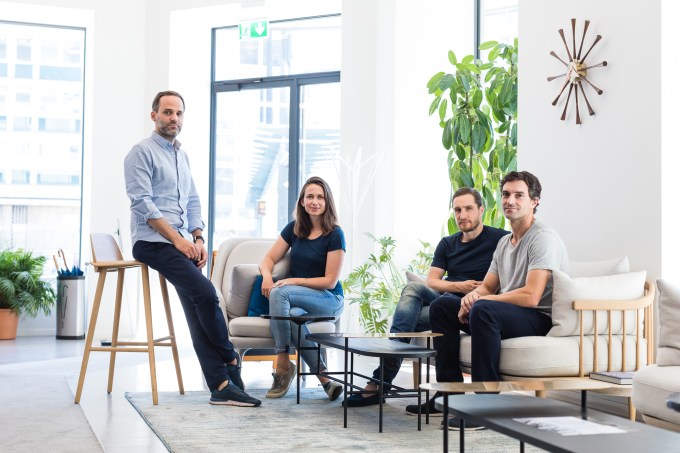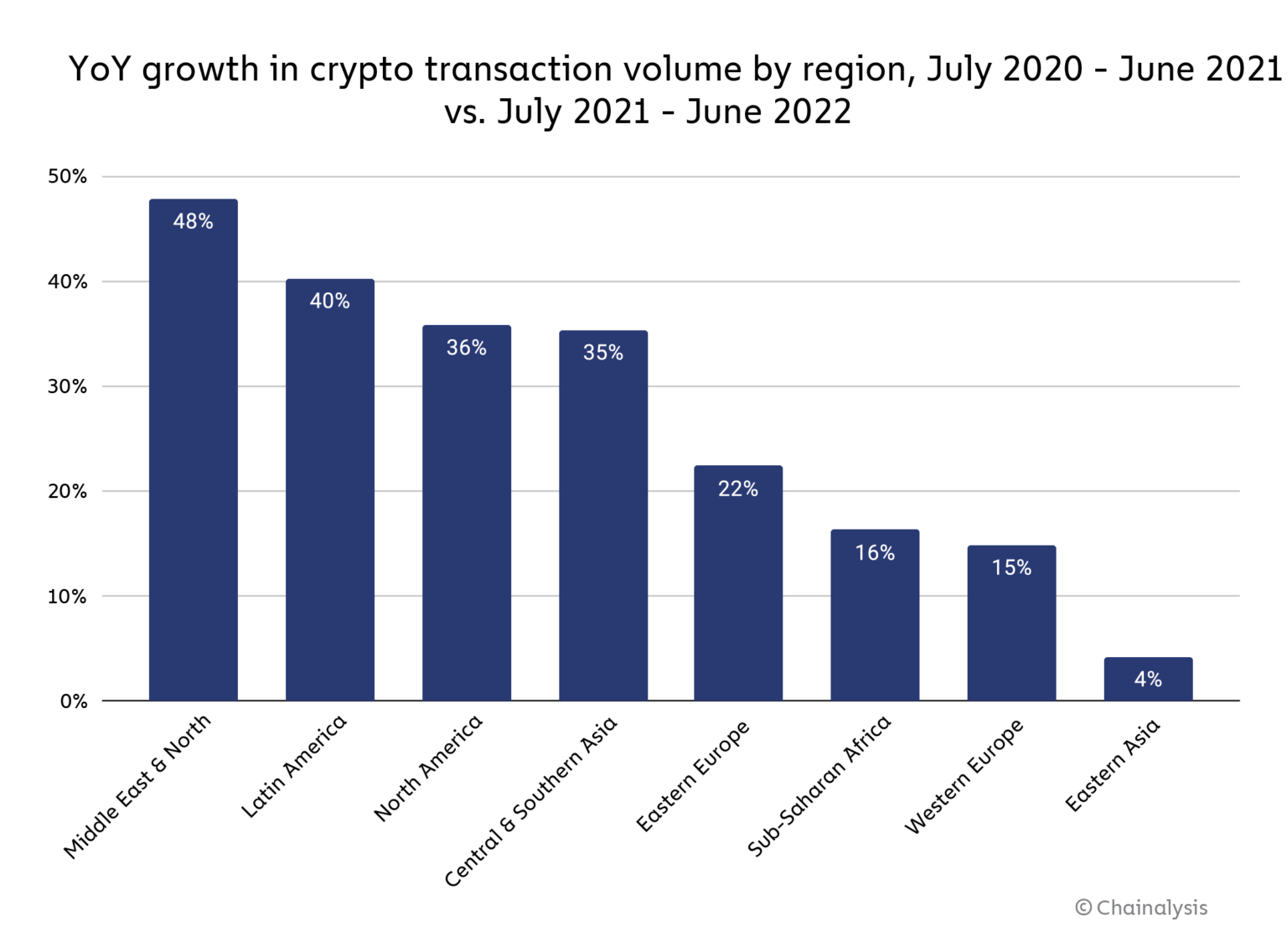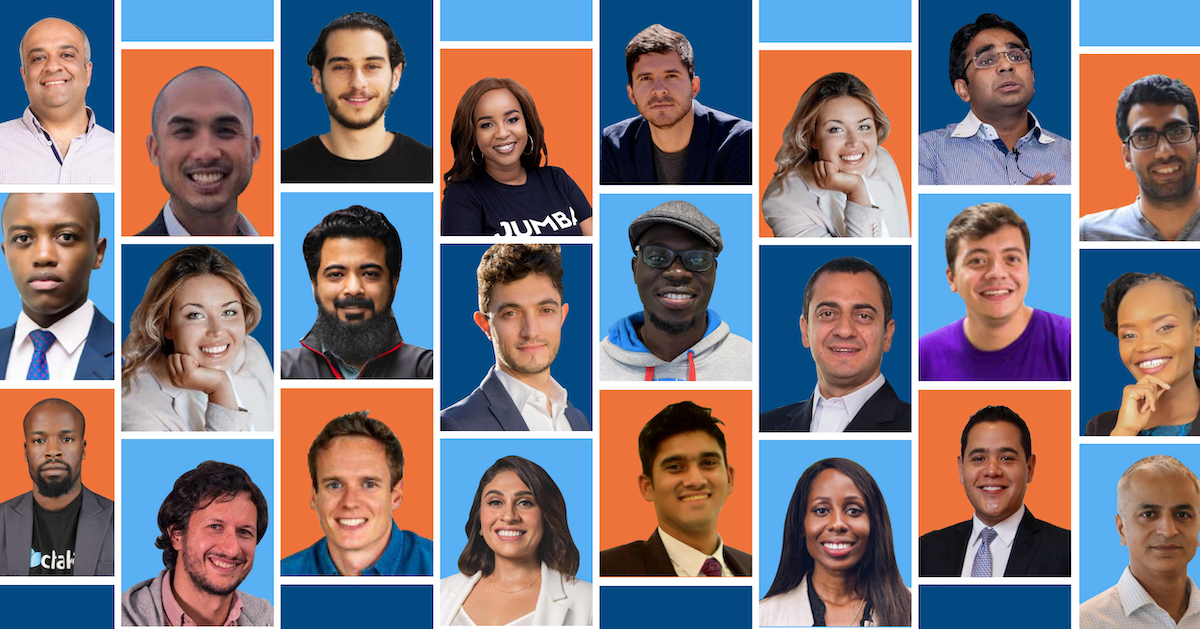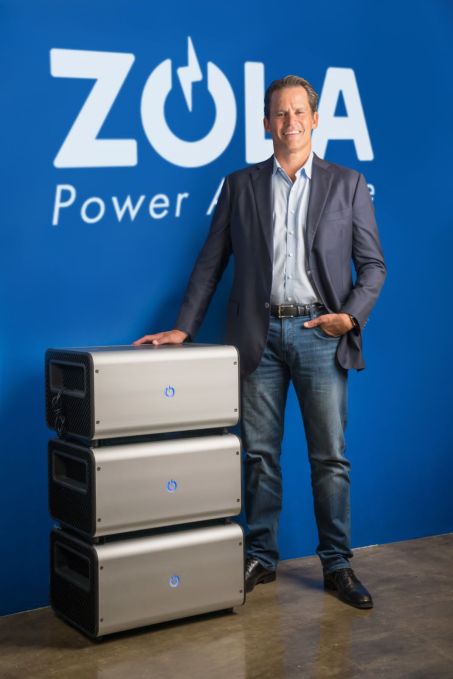In emerging economies, where spending billions to build public transit infrastructure can be out of reach, startups are using technology to meet the mobility needs of a rising urban middle class.
Swvl, Treepz, Jatri, SafeBoda, Urbvan, Chalo and Buser are just a few of the startups that have popped up in Africa, Asia, the Middle East and South America in recent years, all with a focus on providing on-demand access to transportation. Not only are these startups products of the emerging markets, but because mobility is so essential to a thriving economy, they’re actually driving development.
“We know that if you want to get good economies of scale and see the positive spillovers of a big urban space, you need to be able to get around at a low cost and in an efficient way,” Nikos Tsafos, the James R. Schlesinger Chair in Energy and Geopolitics at the Center for Strategic and International Studies, told TechCrunch. “What this does is it enlarges the labor market and makes it more efficient.”
Necessity might be the mother of innovation, but that innovation isn’t limited to the economies where it was conceived. These startups are also providing a less car-centric blueprint for the rest of the world, including economies with existing public transit.
The table stakes stretch beyond the financial future of a handful of startups. If startups like these don’t succeed, one of the risks is that as GDP continues to grow in emerging markets, populations with more discretionary funds will end up purchasing their own vehicles, which will only contribute to the global climate crisis.
Swvl: Repurposing underutilized vehicles for shared transport
Swvl is a Dubai-based startup that provides shared transportation services for intracity and intercity trips for both individual commuters and corporations, schools and tour operators. Since its founding in 2017, the startup has expanded across UAE, Egypt, Saudi Arabia, Jordan, Kenya and Pakistan.
Its business model revolves around repurposing underutilized buses or minivans that are privately owned, usually by small or medium-sized businesses and fleet owners, for different uses throughout the day. For example, when a bus that usually drives kids to and from school only twice a day signs on with Swvl, it will also be used for a combination of intracity B2C routes, corporate drives, intercity rides or tour group rides.
“This significantly increases utilization of that vehicle,” Mostafa Kandil, CEO and founder of Swvl, told TechCrunch. “With every incremental utilization of the vehicle, the fixed component of the cost of the vehicle itself gets amortized over more and more rides, so we’re able to pay less and less on a per-unit level and on a per-ride level. Hence, we’re able to continuously drop our price to the end consumer while actually significantly increasing our margin.”
Riders can book a seat on a fixed route and track their ride at every step. In cities where public transit is unreliable or dangerous, services like Swvl’s can be a game-changer.
That Swvl is close to becoming a unicorn is a signal of the strength of this industry. In July, the company entered into a SPAC agreement with Queen’s Gambit Growth Capital with an implied enterprise value of $1.5 billion, according to the company.
Swvl says it is forecasting an annualized gross revenue of $79 million through December, which is an increase of about 55% from February 2020 revenues of $51 million. By 2025, the startup also plans to achieve $1 billion in annual gross revenue and operate in 20 countries on five continents, with SaaS or transportation as a Service (TaaS) expansions set to occur across Europe, the U.S. and the APAC region through a recent acquisition of Spanish-based mass transit SaaS platform Shotl.
Due to the immediate need to provide basic transportation to growing middle classes, Kandil says the initial product-market fit is naturally within emerging markets, but he sees Swvl’s services in global terms.
“Governments across the world spend billions of dollars on transportation infrastructure that are actually becoming obsolete,” he said. “If you think about New York in the summer versus in the winter, it’s a totally different city. The movements, the patterns in a city change quite significantly throughout the year, but the public transportation system doesn’t really change. So what we are building is the mass transit system of the future that can serve any type of city with a public transportation system that’s demand-responsive, that can change every day, every hour, and can self-optimize based on how the entire city is moving.”
How Treepz provides ‘Uber for buses’ in Nigeria
Onyeka Akumah, CEO and founder of Treepz, formerly Plentywaka, said the day his startup was conceived was the day he got off a plane in Lagos and had to take two bikes, a boat and then a bus just to get around town for meetings. He described the bus experience as a harrowing one where he literally “had to hold one of the doors throughout the trip from falling off.”
Lagos is Nigeria’s largest city, with 14 million residents who have to commute daily. While the country has the most startups in Africa, it falls short of other metrics that would help it rank competitively among other African nations, according to an African Tech Ecosystem ranking. For entrepreneurship to thrive, fDi Intelligence, the specialist division within Financial Times that published the report, says a country must have cost-effectiveness, country-wide tech talent, cooperative government, good internet access and healthy infrastructure. Much of this simply cannot be achieved if people can’t move around easily, efficiently and cheaply.
Treepz provides another example of the public sector stepping forward and, hopefully, driving the country toward prosperity. The startup offers a similar service to Swvl, one where commuters can book intracity or intercity travel through an app, reserve their seat and track their ride. While Treepz has expanded throughout the country, it also plans to move into Uganda, Ghana and a handful of other African nations over the next few years.
“Millions of people have to commute on a daily basis using public transportation, and if they can’t afford an Uber ride, and they want to get to work on time, this is the only way they can do it,” Akumah told TechCrunch. “We wanted to give people a better way to commute with predictability, where they can know when the bus will get here, the certainty that they will have a seat on the vehicle, that it’s a decent vehicle and a safe one.”
While Swvl allows customers to book a seat online and then pay the driver later with cash, Treepz presently won’t accept cash, which is part of the reason the service is really geared toward the middle class. Akumah said at the moment, cash is too risky because it invites corruption at the worst and difficulty keeping track of sales at best.
Creating accountability for Bangladesh’s public transport with Jatri
Bangladesh-based Jatri aims to address the problem of inconsistent public transportation timetables, payment difficulties and constantly changing routes. The startup says it’s the first bus tracking and digital ticketing platform in Bangladesh, serving both bus companies that need to regulate how their buses were functioning and commuters who need a more frictionless service.
Riders can subscribe, plan their trips, track buses and secure tickets, while operators can utilize Jatri’s bus trip analytics. The company is also working on creating data that regulators can use for urban planning purposes.
Jatri was founded in 2019 and in that time has digitized the operations of thousands of bus partners, hosting more than 3.5 million transport tickets on its platform across three cities. Earlier this month, the startup raised a $1.2 million pre-Series A round that it says it will use to expand its nationwide coverage. It recently partnered with BRTC, a state-owned transport corporation of Bangladesh, to provide its tracking and ticketing services for many of its routes, with the possibility of nationwide adoption.
The role of transportation in emerging markets
As the middle class grows and incomes rise, people tend to become more concerned with the quality of services like mass transit. Experts say rising expectations could potentially become a source of friction for a country like Bangladesh, where its citizens may experience what economist Albert Hirschman described as the “tunnel effect.”
This is when vulnerable members of society start to see increased inequality based on an uneven growth process. They initially tolerate it, expecting that their time for prosperity will come. But if they do not catch up in time, their tolerance may morph into frustration — and ultimately sociopolitical upheavals.
Which is what makes the emergence of startups dedicated to easing the strain of public transportation so vital.
“Transportation systems have the ability to connect people to jobs, as well as leisure and like green spaces and entertainment,” said Tsafos. “Those are the central elements for the vibrancy of the city, so what I would be expecting is in the absence of those transportation solutions is a city that’s underperforming and is not living up to its potential because you just have a fragmented urban space that can’t take full advantage of the human capital that resides in this sort of broad metropolitan area.”




